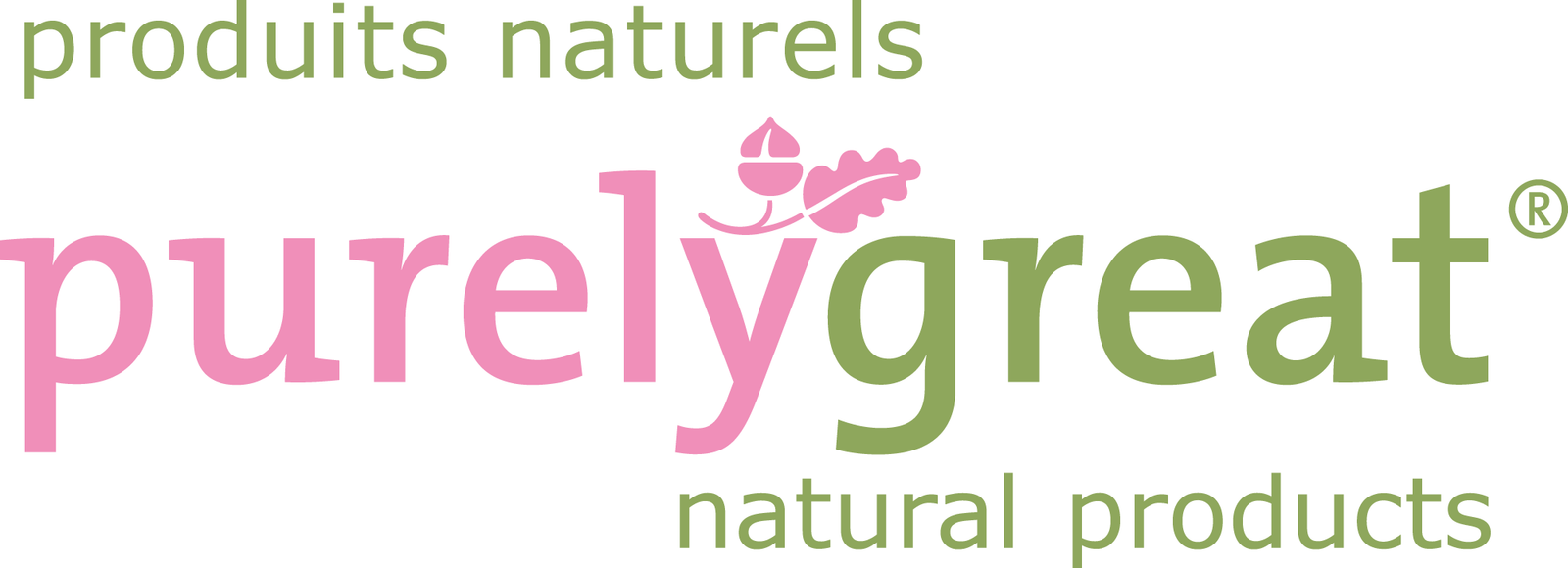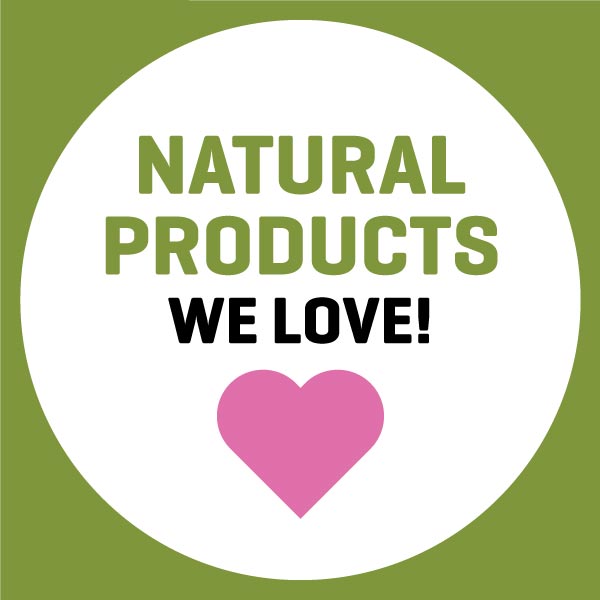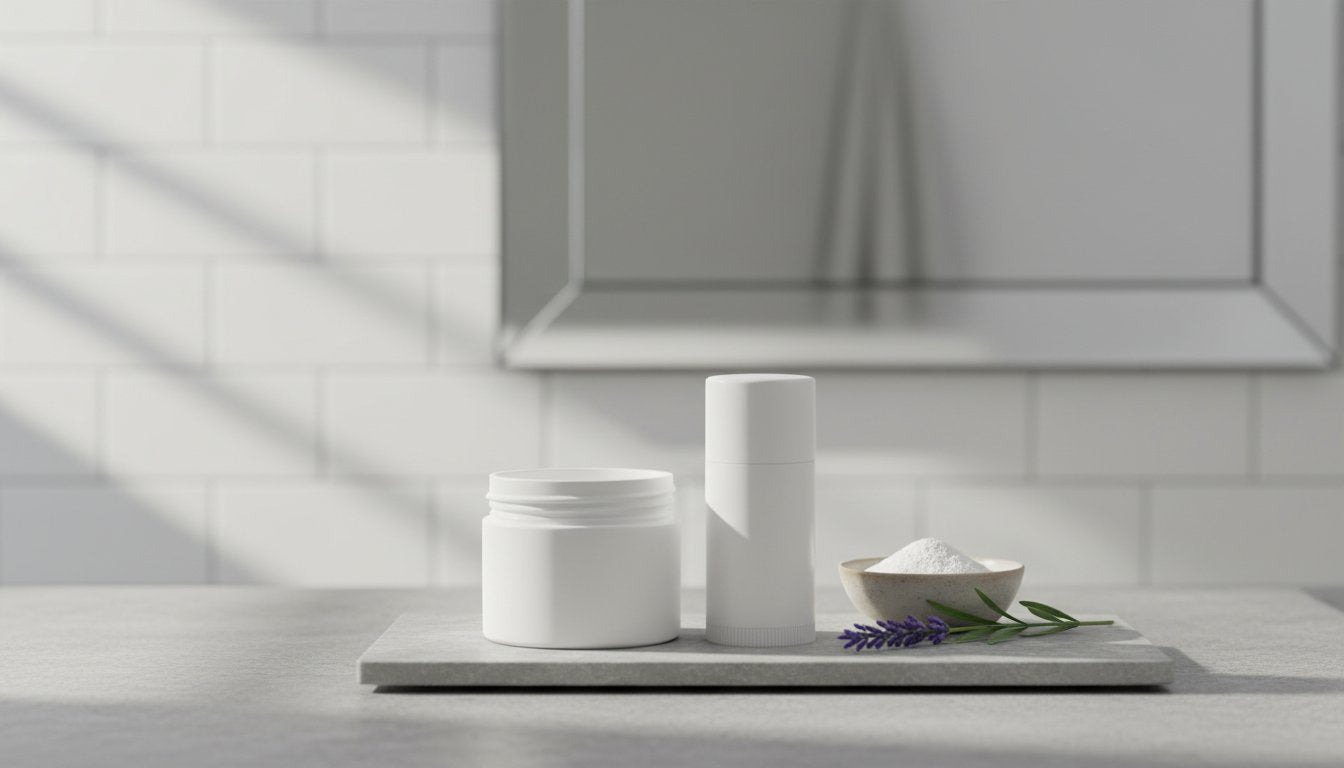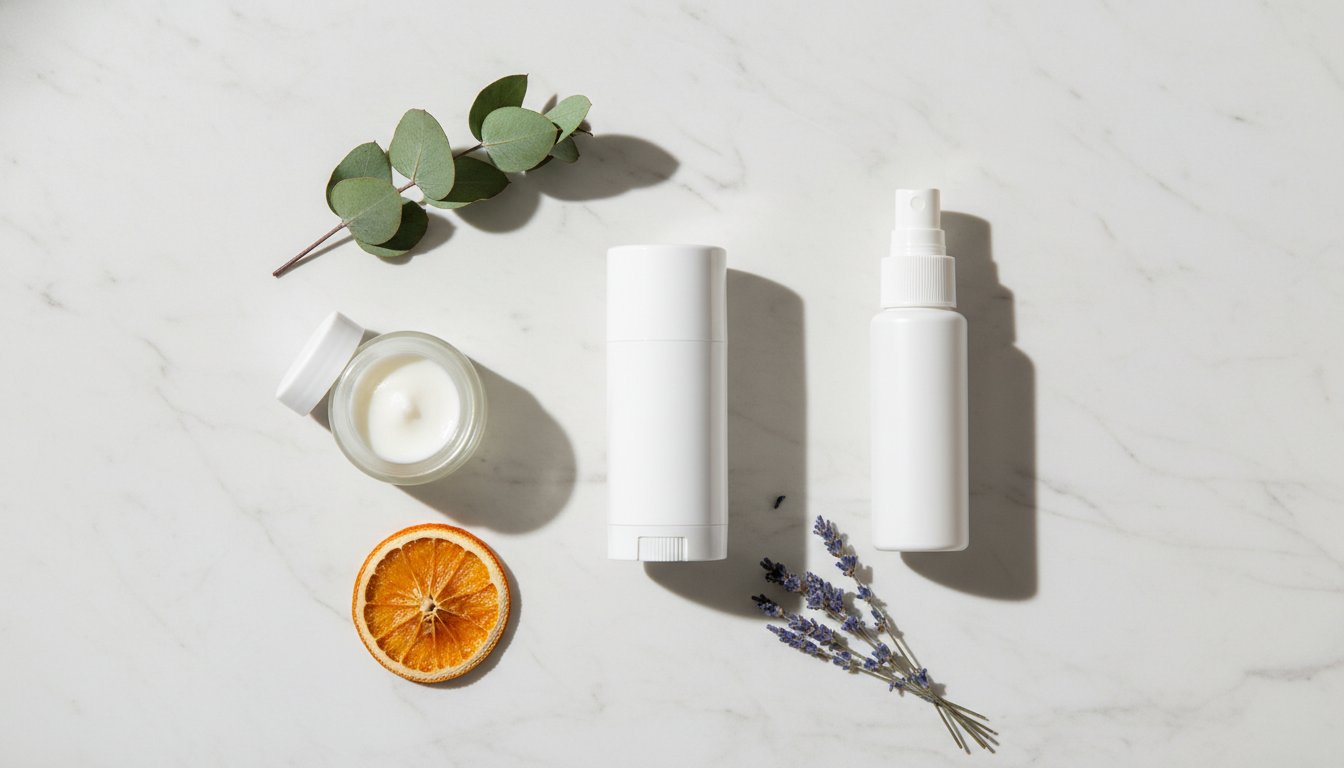If only there was a product that could free you and bring you social recognition as advertised, you wouldn't have to buy anything else in the future. Regardless of being manipulated with false promises to buy things you don’t need, you often support bad production conditions. Often its seems impossible to know where and how goods have been produced, and with what environmental impacts. Even fair trade and organic products often use priceless resources. Minimalist lifestyles are quite popular this century, but if you are "not feeling it", there are other options! Follow our step by step guide to more sustainable living.

Support sustainable alternatives
You decide who you give your money to and what kind of world you support. If possible, focus on local or regional products, organic quality, and fair working conditions. You could buy second-hand home decorations and clothing, but if that’s not your thing, that's okay! There are various high-quality products made from recycled materials, and you can check out more on Rockay.
When in doubt, ask yourself this one question: Do my consumer decisions increase or decrease suffering on this Earth?

Avoid disposable packaging
How much plastic is in the products you buy daily, weekly, and monthly? Do you ever buy vegetables wrapped in plastic? How do you transport your products home?
What sounds like a distant future is already being implemented by some pioneers. You can reduce packaging waste by opting for a backpack or reusable fabric bag while shopping. There are numerous shopping bags with cute designs available everywhere and you can even choose one that is eco-friendly. The beauty is that these bags are reusable and there are even some smart solutions to pack them so they fit into your palm and in any purse.
Maintain and repair what you have
As soon as the guarantee expires, many of our products and electrical devices no longer work. Planned obsolescence or ominous coincidence, the fact is: we are a throwaway society. And because repairs are often as expensive as buying a new item, the decision is usually made quickly, right? Thirty percent of all food is thrown away, not to mention the mountains of clothing and electronic waste. You should only buy what you really need. After all, this kind of revolution can start from any willing individual.

Let your money speak: change your bank
You already know: With your money, you choose what kind of world you want to live in. Not only with the money you spend, but also with what you don’t spend. Your money is not just lying around in the bank. Your bank does business with it, always. Ask your bank whether it invests in ecologically and socially sensible projects. If not, switch to another bank.
Sustainable food: meals for a better world
According to various independent studies, the biggest source of greenhouse gases is factory farming. Over 30% of the land surface on our planet is already used for animal husbandry. Much of the drinking water is consumed by the more than 60 billion livestock we slaughter each year.
The main factor for rainforest deforestation in South America is animal feed production. The amount of meat consumption today is certainly not sustainable especially with further increase in world population. There are tons of scientific studies dealing with the topic from an ecological, social and health perspective.
Do you have to live completely vegan now? That is up to you. But reducing meat always makes sense! If we don't want to "eat" our planet, we should at least eat far less animal food. The UN says that too.
You can start slowly, step by step and maybe you will soon notice how many things you never really needed and how much money you are saving.







